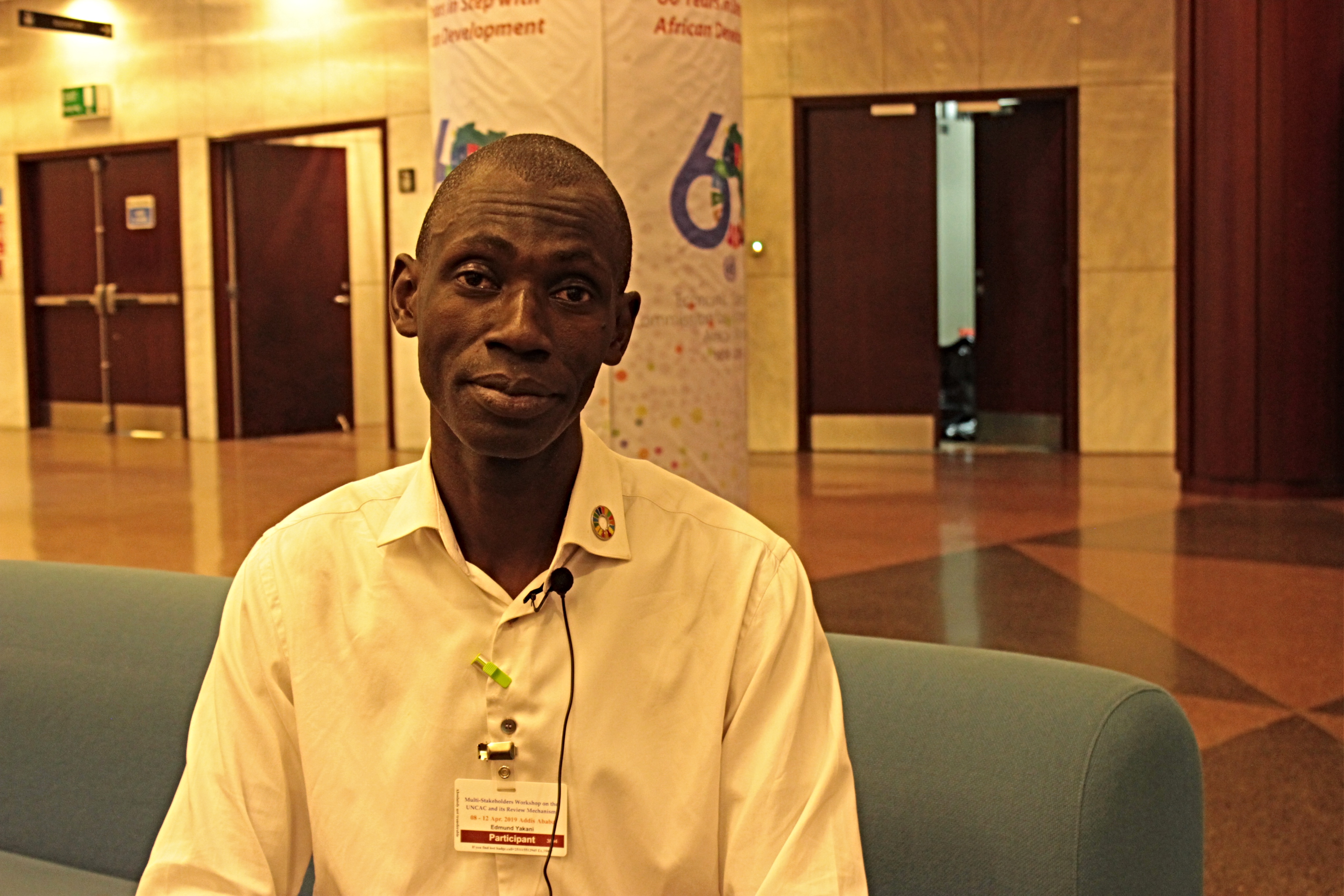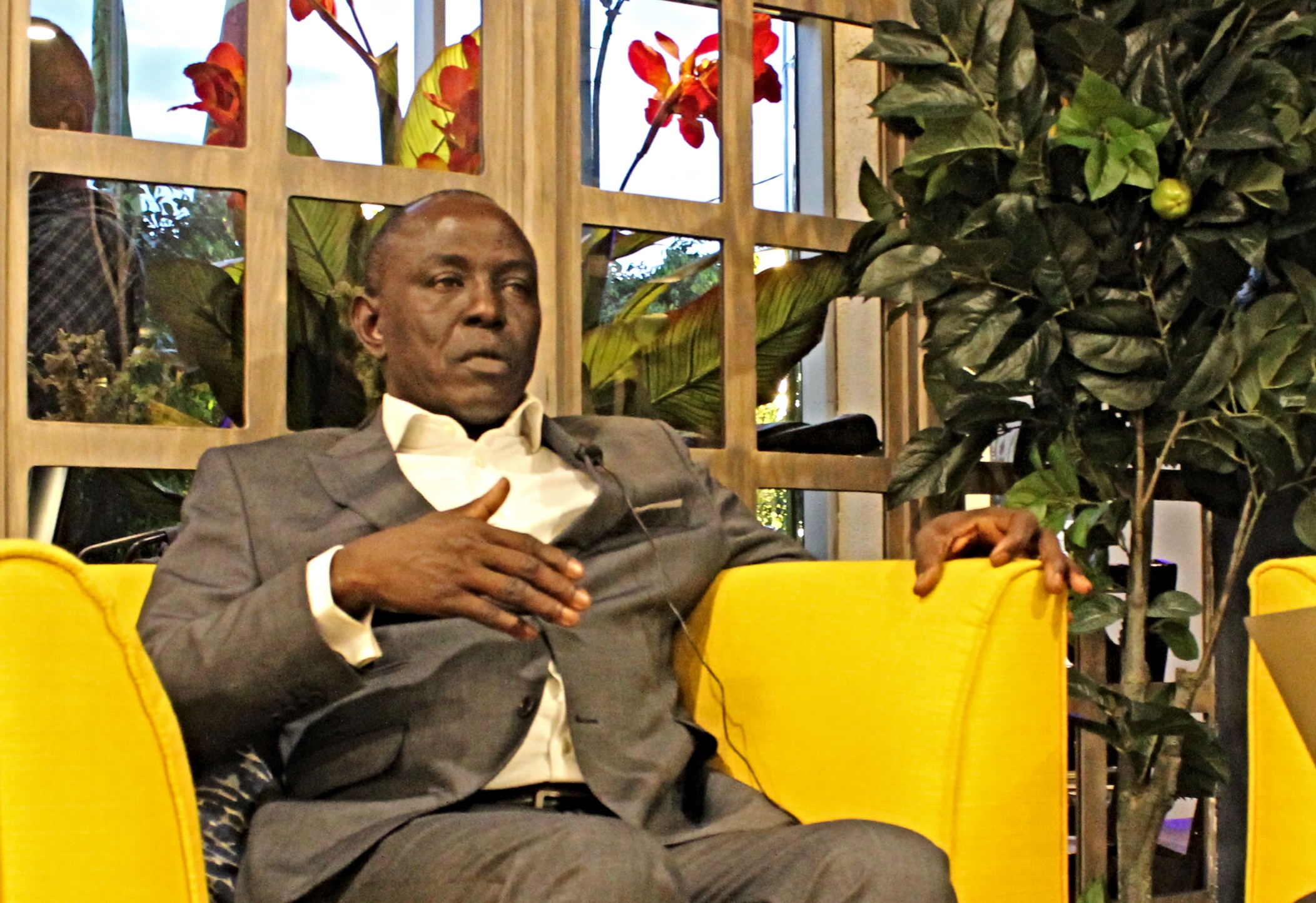12 June 2019 –
In one of the most corrupt countries in the world, civil society gains momentum in the fight against impunity.
South Sudan is not what one might call a role model in fighting corruption. Ranked 178 out of 180 in Transparency International’s most recent Corruption Perceptions Index, it is considered one of the most corrupt countries in the world. Yet, corruption is by far not the only issue the young country is struggling with. Human Rights Watch lists a broad array of human rights violations affecting the estimated 13 million citizens. Not only since the most recent violent conflict emerged in December 2013, all involved parties have committed serious abuses, including indiscriminate attacks against civilians and aid workers, unlawful killings, beatings, arbitrary detentions of critics and political opponents, torture, sexual violence, recruitment and use of child soldiers, looting and destruction of civilian property as well as restrictions on media and civil society – with the perpetrators rarely held accountable. In a country trying to leave its violent past behind, the widespread lack of accountability provides a particularly fertile ground for corruption.
Innovative ways of engaging civil society in the UNCAC review process
Amidst this particularly dire situation, however, the determination to fight corruption appears to be thriving. During a multi-stakeholder workshop on the UNCAC and its review mechanism in Addis Ababa this April, which was co-organized by the UNCAC Coalition and UNODC, not only did a group of representatives of civil society activists and government officials from South Sudan articulate their dedication to the UNCAC review mechanism, but also showed a strong will to cooperate in this endeavour.

South Sudan acceded the UNCAC in 2015. Since the first review cycle could not take place as envisioned, South Sudan finished both self-assessment checklists, for review cycles one and two, in the first two months of 2019 and held meetings with the country reviewers at the end of May in Vienna. “Civil society has been involved in the whole process since the beginning, especially during the preparatory meetings, where we brought all the stakeholders together”, says Akuei Mayuen Deng Dut, Director General for Investigation and Legal Services in South Sudan’s Anti-Corruption Commission and focal person of South Sudan in the UNCAC review process.
Civil society activist Edmund Yakani from the Community Empowerment for Progress Organization confirms that civil society has been closely involved in the review process. Yakani, who in 2017 received the Civil Rights Defender of the Year Award, says that civil society has been able to demonstrate that it can contribute expertise on governance issues and provide much added value:
“Our strategy is to impose ourselves – constructively and productively. We contribute resources, expertise and a lot of data that help the government to work more constructively during the review process.” And recent events prove him right. During South Sudan’s review meeting in Vienna in May, civil society representatives were present and participated in the process. Together, government and civil society representatives established a multi-stakeholder working group to continue the cooperation in follow-up meetings. “In all this, we are free, we can critique the governmental approach, we can challenge their positions and confront them with the reality on the ground,” says Yakani.
Dut from the Anti-Corruption Commission expects that the final recommendations of the UNCAC review process will result in legal reforms: “We take the review process seriously, because it helps to identify the gaps in our anti-corruption regime, which consequently will enable us to actually introduce changes.”

The governmental anti-corruption mechanisms, however, do also have to stand criticism. Civil society representatives have highlighted that the commission lacks independence and suffers from political interference. The president ultimately controls the appointment and dismissal of the commission’s chairperson as well as its budget. No independent mechanisms of vetting or oversight are in place.
Although the Anti-corruption Commission’s annual reports are allegedly available for everybody interested, they are not being published online. Thus, information on the commission’s activities and impact is not easily accessible to the broader public.
“Asset recovery is our main priority”
In South Sudan, enormous amounts of public resources have been embezzled by politicians over the years. According to Yakani, asset recovery is, thus, the most pressing issue that needs to be dealt with, if corruption is to be tackled seriously. The US-led Enough Project and their partner The Sentry have provided substantial evidence of how the South Sudanese political elite and their family members are connected in embezzling money and laundering their proceeds through real-estate transactions or with construction companies.
To Yakani, corruption remains widespread in the central government: “I would say, almost every single member of the political elite has been engaged in corrupt activities.” One prominent case of embezzlement by a key government official is a million-dollar property near Melbourne, Australia, owned by the former South Sudan Army Chief of Staff, General James Hoth Mai, which has been confiscated by the Australian Federal Police in February 2018 .
Being governed by politicians who feel entitled to misappropriation of public funds, asset recovery is the main hope for the South Sudanese civil society to bring justice to the country and sometimes it is even the only way of getting hold of perpetrators of corruption-related crimes. “There is a major drive for asset recovery, since our political elite has mainly turned embezzled funds into physical assets. Compared to retrieving the money that has been seeping away in East African Banks, which is very hard to get hold of, one can see the implications of where this money went”, explains Yakani. “We are currently trying to find strategies to quickly recover assets and bring the funds back to South Sudan to show the citizens that the embezzled money is being recovered. This is why, for us, as civil society activists, asset recovery, among all the pillars of the UNCAC, is a priority.”
There have been a few cases where public funds have been recovered in joint efforts of the Anti-Corruption Commission and other stakeholders, Dut says: “Unfortunately, there have not been many success stories in asset recovery so far.” Although there appears to be momentum in the fight against corruption stemming from both sides, civil society organisations and the national anti-corruption commission, South Sudan still has a long way to go.



